CAPSTONE DESIGN PARTICIPANTS
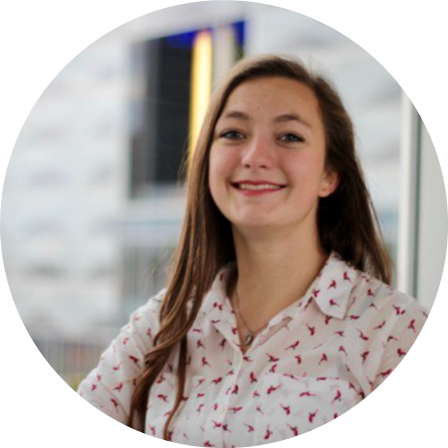
Sophie Rahn
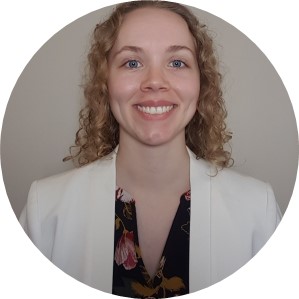
Kelsey Black
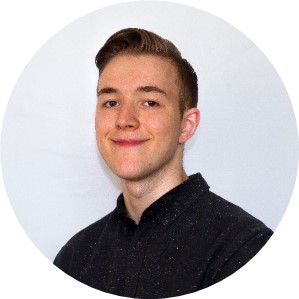
Connor Mehling
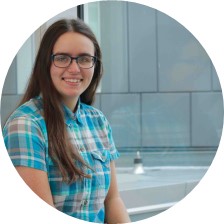
Bronwyn Erb
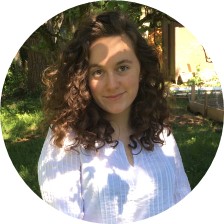
Alix Falconer
Green Team
44
Climate change is the defining issue of our time. Increasing levels of atmospheric carbon dioxide represent an existential threat to humanity. New technologies are required to combat this threat. At the University of Waterloo, the Materials Interface Foundry (MIF) lab is developing a carbon conversion solution that converts CO2 into ethanol to address the problem. Our team is adding new diagnostic and automation capability to this pilot project to improve system testing. These improvements will help MIF develop and scale the technology.
Faculty Advisor: Yimin Wu

Siddharth Kumar
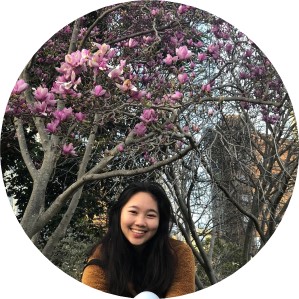
Audrey Avianto

Zulphkar Yalchin
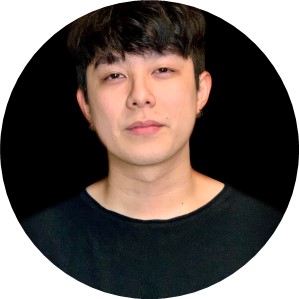
Kevin Bui
Earth, Wind and Fire
45
Team 45 is partnered with the Waterloop Design Team to create a custom coil winding machine to aid in their 2025 goal of launching a Waterloo based Hyperloop Pod and be one of the first Canadian universities to hold this honour. Team 45 is developing a 5-part machine that automates the time consuming and labor-intensive process of hand winding copper wires to form the Linear Induction Motor base for the pod. The system simplifies the process to a simple input for the team.
Faculty Advisor: Mohammed Nassar
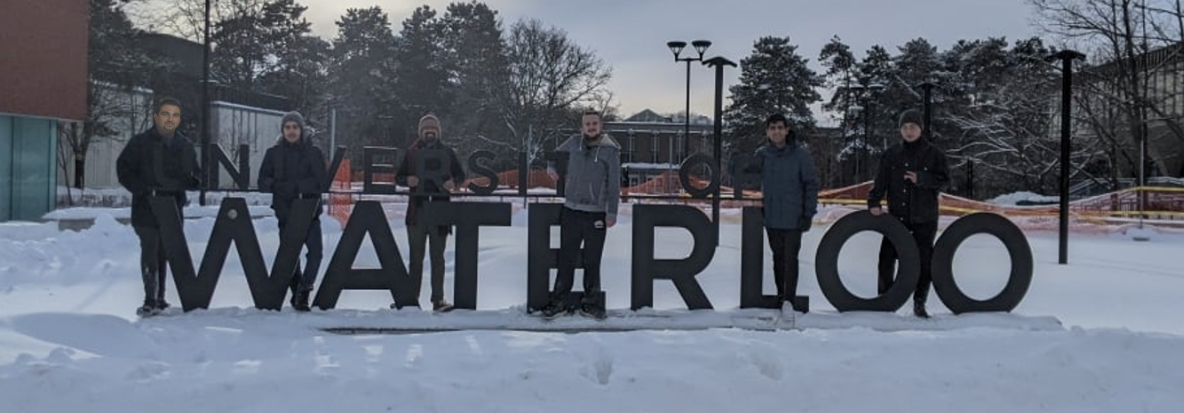
Alexander Miller, Tholath (Mammen), Ryan Neate, Yijie (Wallace) Jin, Dwij Arneja
ModuPose
46
Positioning wheelchairs are used by people who cannot achieve independent, full-body mobility. Due to their complexity, these wheelchairs are often bulky and rigid. This leads to difficulties in cleaning, transferring patients into and out of the chair, and it increases the repair costs due to the requirement of a technician. ModuPose aims to redesign detachable connections between the various components of a manual positioning wheelchair. This allows personal support workers to remove parts as needed to make their jobs a little bit easier.
Faculty Advisor: Kaan Inal
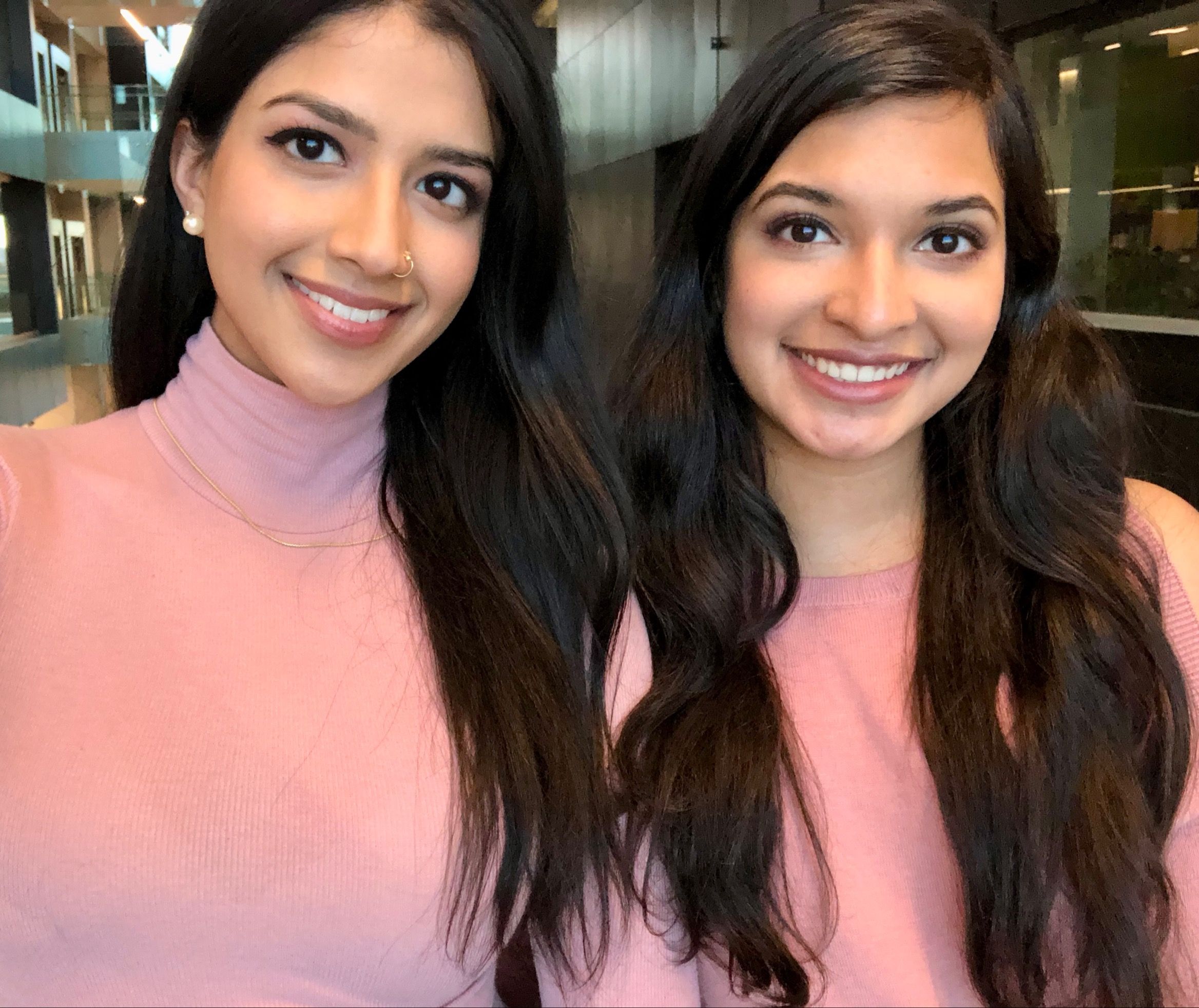
Jusroop Sangha, Sharon Varghese
Follow the Pattern
47
Metal Additive Manufacturing promotes design complexity and reduces material wastage. It is critical to print a structurally dense part. However, this is not always easy. Internal pore cavities are a common issue in 3D printed metals. The pore cavities will vary depending on part geometry – it is crucial to be able to distinguish the types of pores. Our solution utilizes machine learning to classify pores, and relates process parameters to design features, thus enabling high quality metal parts with complex geometries to be 3D printed.
Faculty Advisor: Mihaela Vlasea
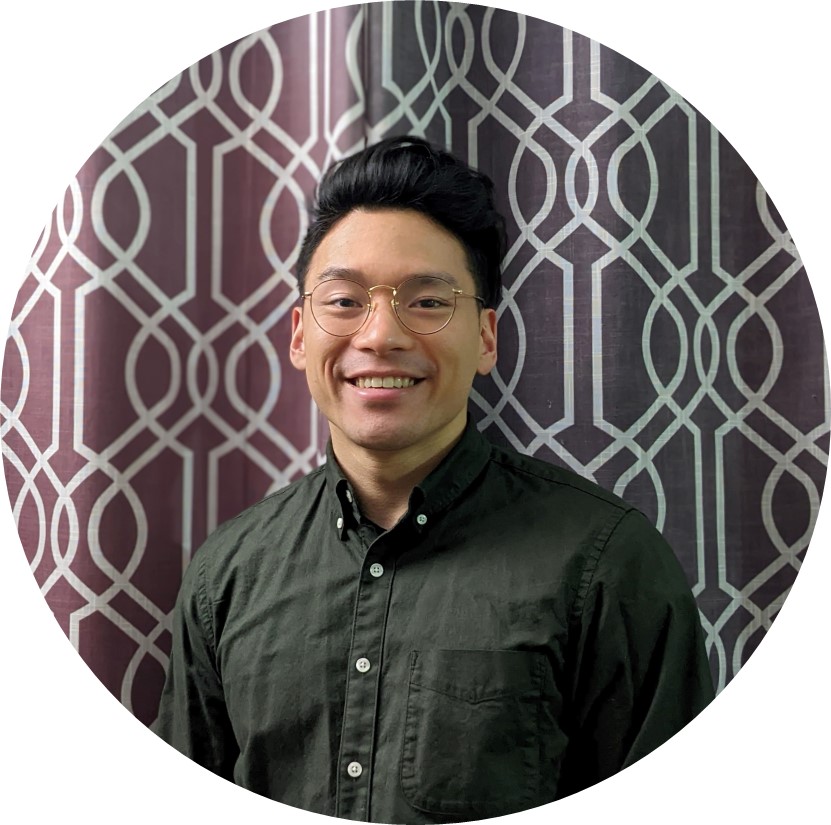
Steven Phang
(MME)
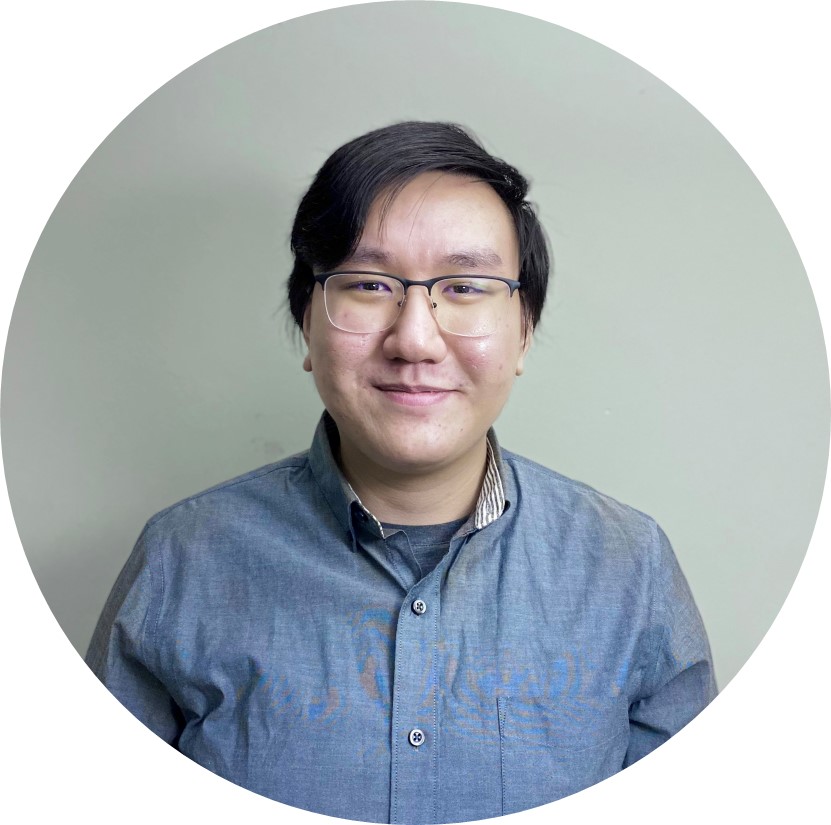
Jackie Hane
(MME)
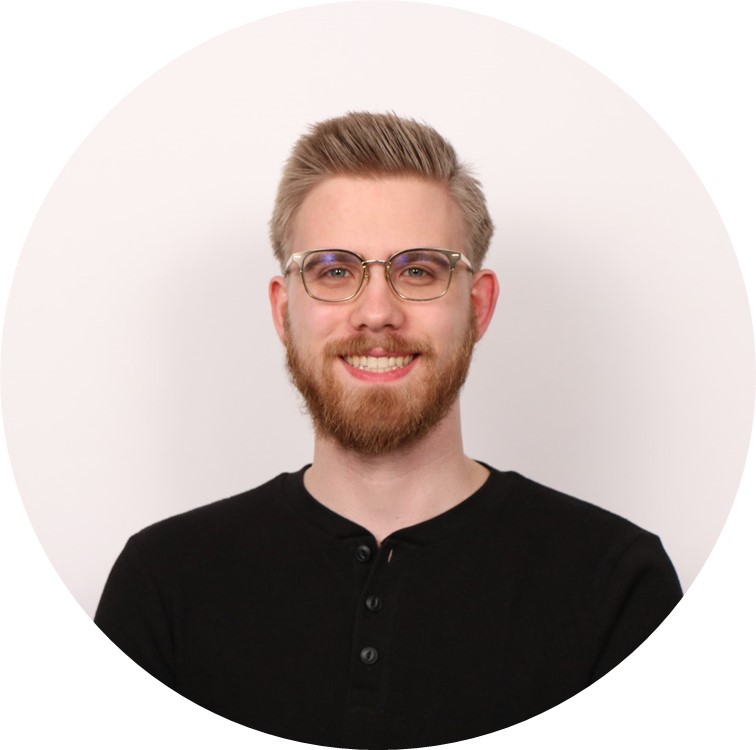
Darius Wigglesworth (ECE)
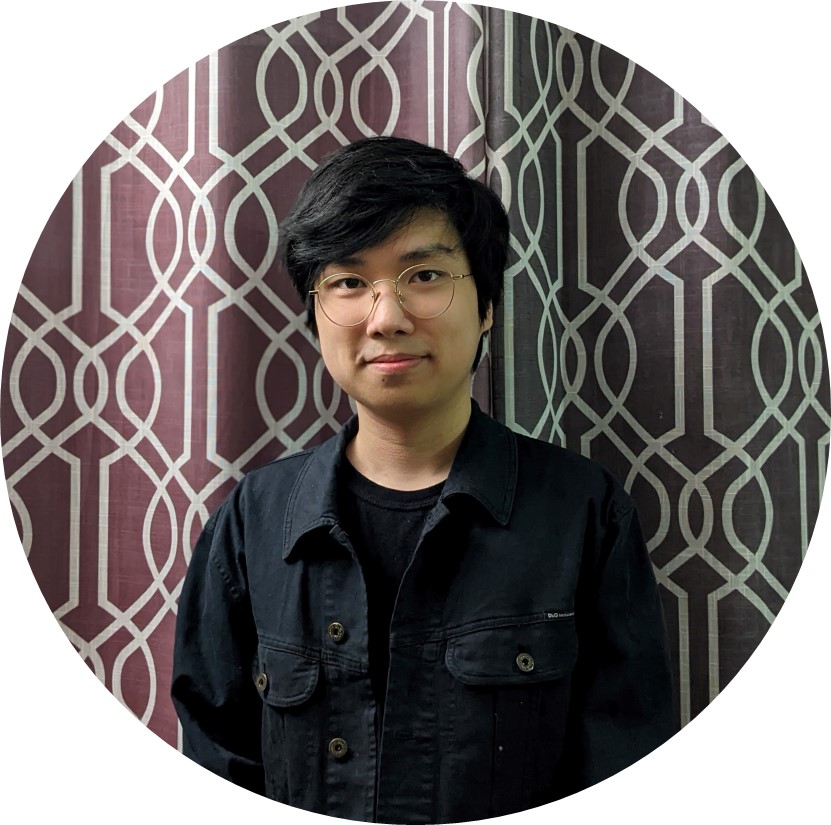
Bruce Nguyen
(ECE)
Automated Hockey Goalie
48
GENE 4
Hockey suffers from a declining youth player base as well as exorbitant costs, especially those required for practicing. To help combat these factors, our interdisciplinary team designed an Automated Hockey Goalie which utilizes Machine Learning, electrical, and mechanical components to move a blocker across the front of the net. This allows prospective players to practice by themselves anywhere with just our system.
Faculty Advisor: Andrew Morton (ECE)